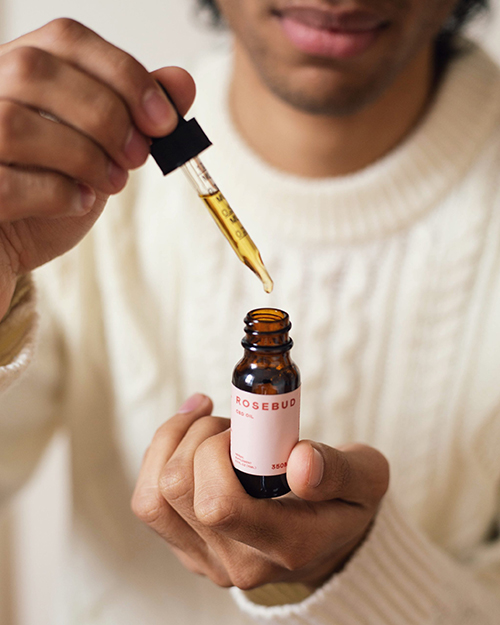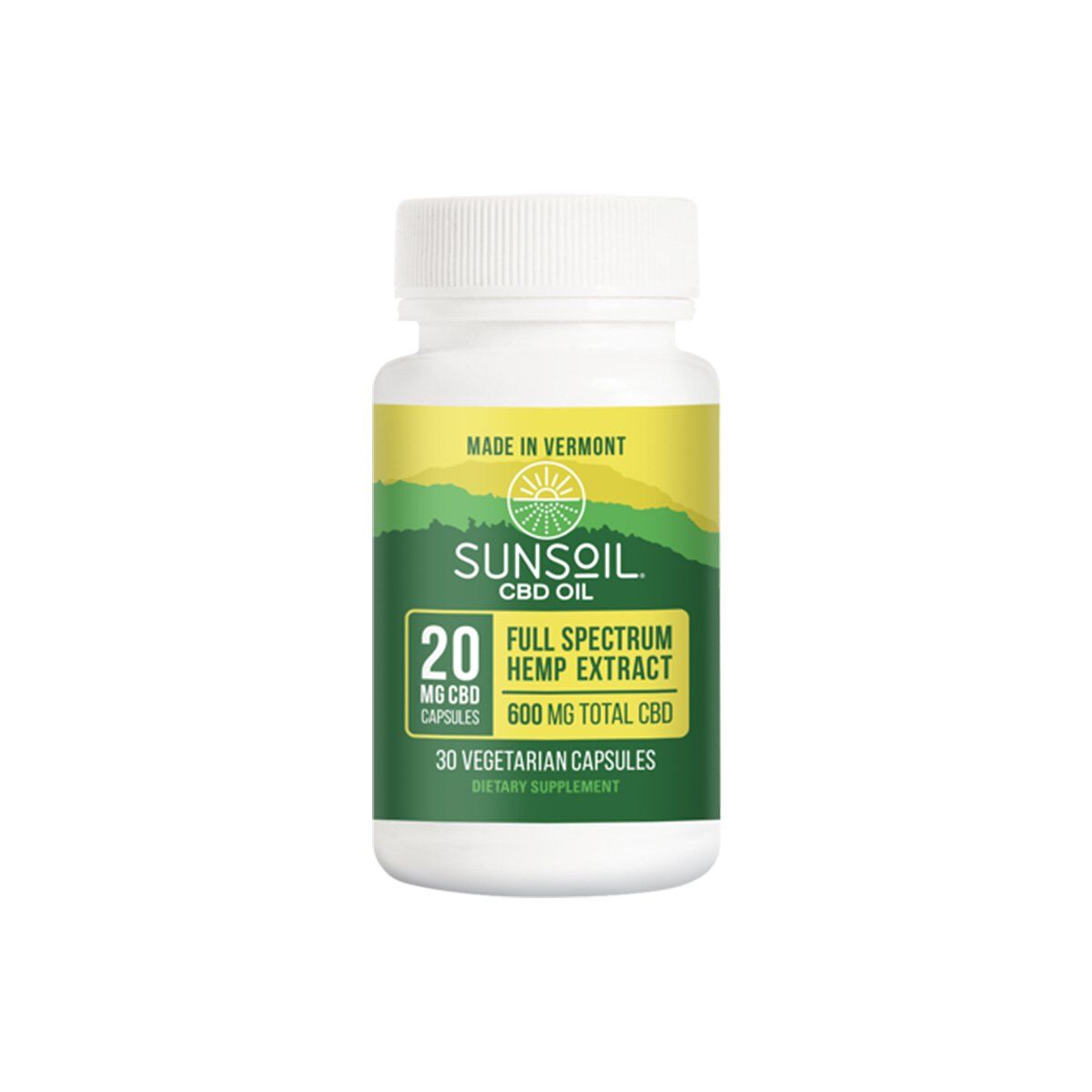
Hemp can be used to make valuable natural resources. Hemp's high leaf turnover rate keeps water from being lost to the soil. It also provides significant organic matter inputs through its leaf litter. Hemp's leaves also decompose prior to processing and provide a protective cover from evaporation and rain. Hemp plants can also be used to fertilize your garden with natural fertilizers.
Cannabis sativa
Cannabis sativa is one the fastest-growing plants in the world. It can be grown for both medicinal and industrial purposes. Its fiber is used in various products and has an extremely versatile use. It is also one of the most versatile plants. Cannabis sativa hemp is one of the quickest-growing plants in the world, making it an ideal choice for agricultural production.
Cannabinoids, a class of unique chemicals that the Cannabis sativa plants produces, are unique to cannabis. Hemp is a variety of the cannabis plant, and its leaves are used in the production of a wide range of products, from food and textiles to food and animal feed. This versatile plant can be used as an alternative fuel resource.
The plant's genetic blueprint is an excellent resource for understanding its genetic makeup. It can provide a genetic basis to different varieties and help scientists create new strains with positive properties. This knowledge can be used to help develop therapeutic marijuana varieties. This knowledge is also useful in breeding hemp with improved agronomic traits.
There are many beneficial components in hemp seeds. They contain terpenes, flavonoids, and antioxidants. These compounds can also be used topically to reduce wrinkle formation. They also strengthen the skin's barrier, and decrease the growth of bacteria. Hemp seed oil can contain up to 80% of polyunsaturated essential fatty acids. These compounds counter inflammation and protect the body's immunity system from harm.
Cannabis sativa hemp can be used as a multipurpose ingredient in many products. The hemp plant's fibers are useful in textiles, paper, and clothing. The hemp seed is also rich in omega fatty and other essential nutrients. They are often used in medicines for many conditions.
CBD has antioxidant and anti-inflammatory effects. CBD has many health benefits. Because inflammation is linked to cancer, and degenerative diseases such as Alzheimer's disease, CBD can help. CBD is also known to inhibit cell proliferation and promote apoptosis. Research into the effects of CBD in the body is ongoing, but so far, this plant is a promising medicinal option for many diseases.

The seeds can be used to easily grow the cannabis plant. This allows for easier and more consistent industrial hemp production. The lifespan of the plant takes four to six month and can grow to up to five metres (16ft) high. The hermaphrodite variety of cannabis is also available. They are a better choice for production.
High levels of vitamin E found in Cannabis sativa's seed oil help maintain skin's natural moisture barrier. It is also non-acnegenic, making it an excellent choice for most skin types. Additionally, the oil balances oily and dry skin. Additionally, hemp seeds are rich in omega 3 and 6, which is a good source of omega 6 fatty acid.
The use of cannabis in food is regulated. The FDA has a policy to protect consumers. Products containing cannabis are required to be approved by the FDA before they are available to the public. The FDA has not yet received reports of adverse side effects from cannabis products. However, accidental ingestion of cannabis is well documented in the scientific literature.
Cannabis sativa's seed oil is rich in nutrients. It is extracted directly from the seeds of the cannabis plant. It has been used for centuries in skincare and food. It has been popularized in cosmetic products in recent years. It is rich in antioxidants and has powerful hydrating qualities.
The study found that hemp seeds contain varying levels of D9THC. The average level was from 12 to 16 mg per kilogram, with the highest concentrations in drug-type marijuana seeds. The inhomogeneity in the seeds and differences in extraction techniques may cause significant variations.
Cannabis sativa hemp is a form of cannabis that contains only small amounts of THC (tetrahydrocannabinol), and no other psychoactive effects. It can be grown for many purposes, including personal care products and pharmaceuticals.

Cannabis sativa, an ancient and versatile plant, has been grown all over the globe for thousands of years. It is used for food, fuel, nutritional supplements, and as a body care product. Hemp was originally grown as a fibre crop, but this changed in the early 1900s. Hemp's demand has been lowered by competition from other plant fiber sources.
FAQ
Which are the top CBD brands?
These are the top five CBD brands that we have handpicked based upon quality, reliability, as well as value.
They sell high-quality CBD oil products with less than 0.2% THC.
Also, we recommend that you check out our list with the top CBD sellers around the world.
How much CBD should I use?
The type of product you are buying will determine how much dosing is required.
The majority of CBD oils are available in strengths between 100mg and 1,000mg per bottle.
Some CBD products can be made in specific amounts by certain companies, such as 25mg or 50mg.
Charlotte's Web produces CBD products with high levels of CBD and other substances.
If you're unsure about CBD's effectiveness for you, you can try a lower dose.
You can always go higher later.
How can CBD products be successfully promoted by companies in a regulatory-compliant way?
The FDA does no regulate hemp as a crop commodity. The FDA regulates cannabis derivatives (e.g. marijuana) under the Controlled Substances Act. CBD is not covered by any regulations.
CBD is legal at state level in 29 US states. Federal law considers it illegal. Businesses that want to sell CBD products face uncertainty.
The FDA also has guidelines for how CBD products should be advertised. THC content must be clearly disclosed. Without scientific evidence, companies cannot claim CBD treats certain medical conditions.
Additional information is required by the FDA regarding manufacturers' manufacturing practices, quality control measures, and other details. To prove safety and effectiveness, they require that companies conduct clinical trials.
Companies should consider these factors when developing their own marketing strategies.
Which states have the highest CBD consumption?
California, Colorado, Oregon, and Washington are the three top states. These states have large populations and high incomes with low unemployment. These states also have higher amounts of hemp farms than other States.
California leads the way because its economy is heavily based on agriculture. It produces much of the nation's fruits and vegetables. This makes sense since cannabis is derived from the same plant as hemp.
Oregon and Colorado are close behind, as they both grow marijuana for medical purposes. However, unlike California, these two states do not allow the recreational use of marijuana.
Other states that rank highly includes Washington, New York, Florida, Illinois, Pennsylvania, Mississippi, and Texas.
Does CBD have a future?
The answer is yes. But not because of its medical benefits but rather due to its ability to help people feel better without getting high.
It doesn't make any difference to your feelings when you use it, making it an ideal alternative to prescription medication.
As we have seen in studies, cannabis has been shown to be effective in treating pain, anxiety and depression.
Cannabinoids in cannabis interact with our brains. This interaction produces feelings of relaxation and well-being.
You should understand the effects of CBD oil on your body and health if you are considering using it.
Is there a CBD industry that is growing?
Yes. And that growth is expected not to stop as legalization continues across North America. Canada has legalized recreational marijuana use in the past year, and several states have passed laws regarding medical marijuana.
As more states adopt legislation that allows medicinal marijuana access, this trend is likely to continue at least for the next decade.
From an economic standpoint, legalizing marijuana is also sensible. As well as providing a lucrative alternative market for farmers, there are many other benefits to legalizing pot.
It could reduce crime rates, by decreasing illegal drug availability. It could also bring in tax revenue to governments.
People will likely choose to consume less alcohol as they become more comfortable with legal marijuana. This would mean fewer hangovers and lower health care costs.
In addition, marijuana might actually improve the quality of life for those who suffer from chronic pain. Many believe that THC, which is the active ingredient of marijuana, can help relieve muscle spasms and nausea from chemotherapy.
A lot of people believe that marijuana is a good option for treating anxiety and depression. According to some studies, marijuana can be used to treat schizophrenia.
The future is bright for CBD, but there are still many challenges ahead.
Which countries produce CBD with the highest quality?
The United States produces the majority of CBD products.
Canada, Australia New Zealand, Israel and New Zealand also produce high-quality CBD product.
Statistics
- A recent study [161] also found that in vitro CBD treatment (i.e., ≤ 2 h exposure to 10 μM) induced ~40% vasorelaxation in isolated (pre-constricted) (ncbi.nlm.nih.gov)
- While the primary injury may not be treatable, interventions that attenuate secondary sequelae are likely to be of benefit [203].Only one study (ncbi.nlm.nih.gov)
- CBD seems unlikely to directly influence sleep in healthy humans [115] (and maybe “sleep-promoting” in those with certain comorbid conditions) (ncbi.nlm.nih.gov)
- however, one study also found that these effects were virtually abolished when the original media (a nutrient broth agar) was replaced with one containing 5% blood (increasing the minimum concentration to ~160 μM CBD) [179]. (ncbi.nlm.nih.gov)
- HR −16 mmHg; 95% CI −26, −6; I2 = 92%) (ncbi.nlm.nih.gov)
External Links
How To
What are the issues that the CBD industry faces?
The market for CBD products continues to grow at an amazing rate. However, this market is still full of challenges for businesses that want to expand. These include a lack consumer awareness, high-cost entry, limited access capital and regulatory uncertainty.
Many people are not aware of what CBD is, or how it functions. This makes it difficult for consumers to make informed decisions on whether or not they want CBD products.
CBD companies are heavily dependent on word-of–mouth marketing. This is expensive because it requires paying for advertising and hiring staff to promote their brand.
Another issue facing new entrants into the CBD industry is the high cost of production. It is very expensive to obtain the raw materials required for CBD products. CBD oil can only be made if hemp is grown in the right climate and soil conditions.
To grow enough hemp for CBD oil production, it costs approximately $1,000 per acre. Many small farmers can't afford to begin.
Access to capital is another challenge for new entrants in the CBD market. Because of the stigma associated with this industry, many people are discouraged from opening a business.
There is also regulatory uncertainty around the sale of CBD products. There are no established guidelines regarding the marketing of CBD products.
Although some states have passed legislation restricting CBD product sales, this has not become a national policy.
Only two states, Nevada and Maine, have yet to legalize recreational marijuana.
Massachusetts and Michigan, however, are exploring similar options.
These changes could cause increased competition among CBD manufacturers.
These factors lead to many entrepreneurs choosing to work from their home instead of starting a physical company.